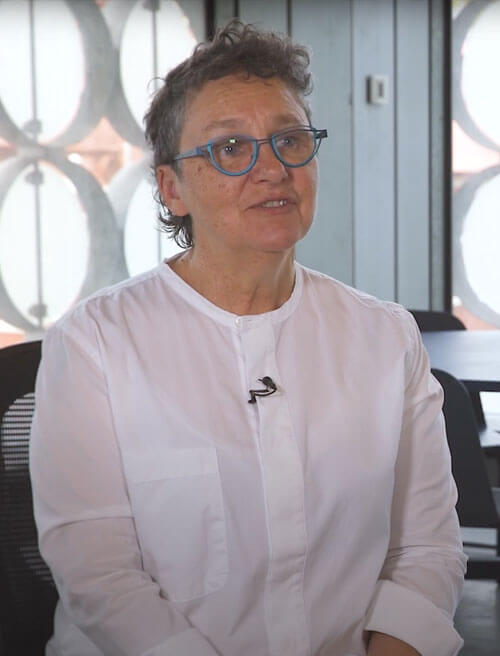Ed Talk: Ideal Learning Conditions: The Triune Brain

Ideal Learning Conditions: The Triune Brain
“I think it is really important that we educate ourselves all about learning traumas, because if we do that, we can stop the pattern of repeated shaming that goes on.”


Learning traumas are developed in our foundational years at school, she says. “What it does is create a neural pathway in the brain that says, ‘learning is dangerous’…Then learning and going into a classroom becomes a threat.”
“What we need to do as educators is to reverse that neural pathway or create a new pathway over the top of it that says that learning is a safe and fun activity.”
She expresses that creating connections is the key for learners to feel safe in their environment and therefore learn effectively. And that educators can make an impact by creating a community of learners in their classrooms. Also, that if educators have a connection with students, they are more likely to feel safe to disclose any learning difficulties they may have.
Some of the ways she suggests can create connections are by fostering group activities and creating personal connections with students even as simple as greeting them by name. She says that taking these small steps are important because when people feel connected, “that’s when optimal learning takes place”.
Visit us
